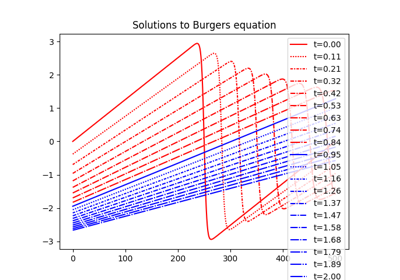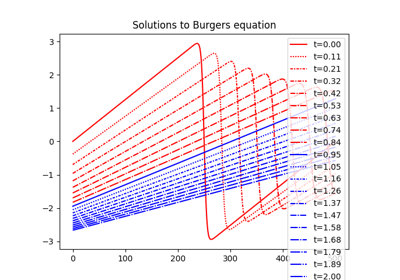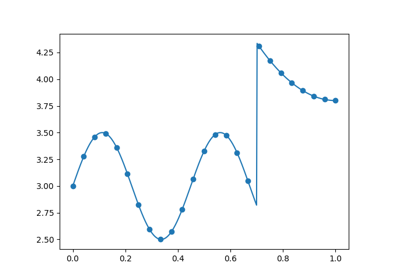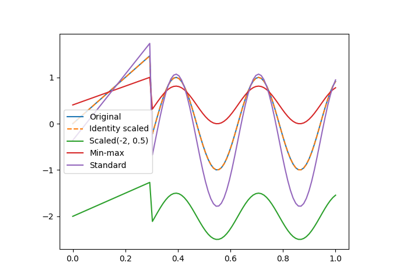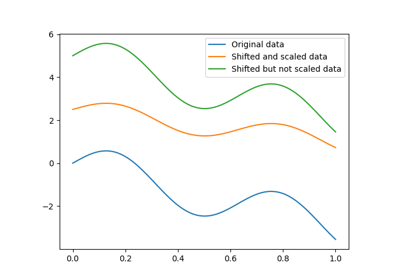transformer module¶
A transformer to apply operations on NumPy arrays.
The abstract Transformer class implements the concept of a data transformer.
Inheriting classes shall implement the Transformer.fit(),
Transformer.transform()
and possibly Transformer.inverse_transform() methods.
See also
- class gemseo.mlearning.transformers.transformer.Transformer(name='Transformer', **parameters)[source]¶
Bases:
objectA data transformer fitted from some samples.
- Parameters:
name (str) –
A name for this transformer.
By default it is set to “Transformer”.
**parameters (ParameterType) – The parameters of the transformer.
- compute_jacobian(data)[source]¶
Compute the Jacobian of
transform().
- compute_jacobian_inverse(data)[source]¶
Compute the Jacobian of the
inverse_transform().
- duplicate()[source]¶
Duplicate the current object.
- Returns:
A deepcopy of the current instance.
- Return type:
- class gemseo.mlearning.transformers.transformer.TransformerFactory[source]¶
Bases:
BaseFactoryA factory of
Transformer.- Return type:
- create(class_name, **options)¶
Return an instance of a class.
- get_class(name)¶
Return a class from its name.
- Parameters:
name (str) – The name of the class.
- Returns:
The class.
- Raises:
ImportError – If the class is not available.
- Return type:
- get_default_option_values(name)¶
Return the constructor kwargs default values of a class.
- get_default_sub_option_values(name, **options)¶
Return the default values of the sub options of a class.
- Parameters:
- Returns:
The JSON grammar.
- Return type:
- get_library_name(name)¶
Return the name of the library related to the name of a class.
- get_options_doc(name)¶
Return the constructor documentation of a class.
- get_options_grammar(name, write_schema=False, schema_path=None)¶
Return the options JSON grammar for a class.
Attempt to generate a JSONGrammar from the arguments of the __init__ method of the class.
- Parameters:
- Returns:
The JSON grammar.
- Return type:
- get_sub_options_grammar(name, **options)¶
Return the JSONGrammar of the sub options of a class.
- Parameters:
- Returns:
The JSON grammar.
- Return type:
- is_available(name)¶
Return whether a class can be instantiated.
- update()¶
Search for the classes that can be instantiated.
- The search is done in the following order:
The fully qualified module names
The plugin packages
The packages from the environment variables
- Return type:
None

